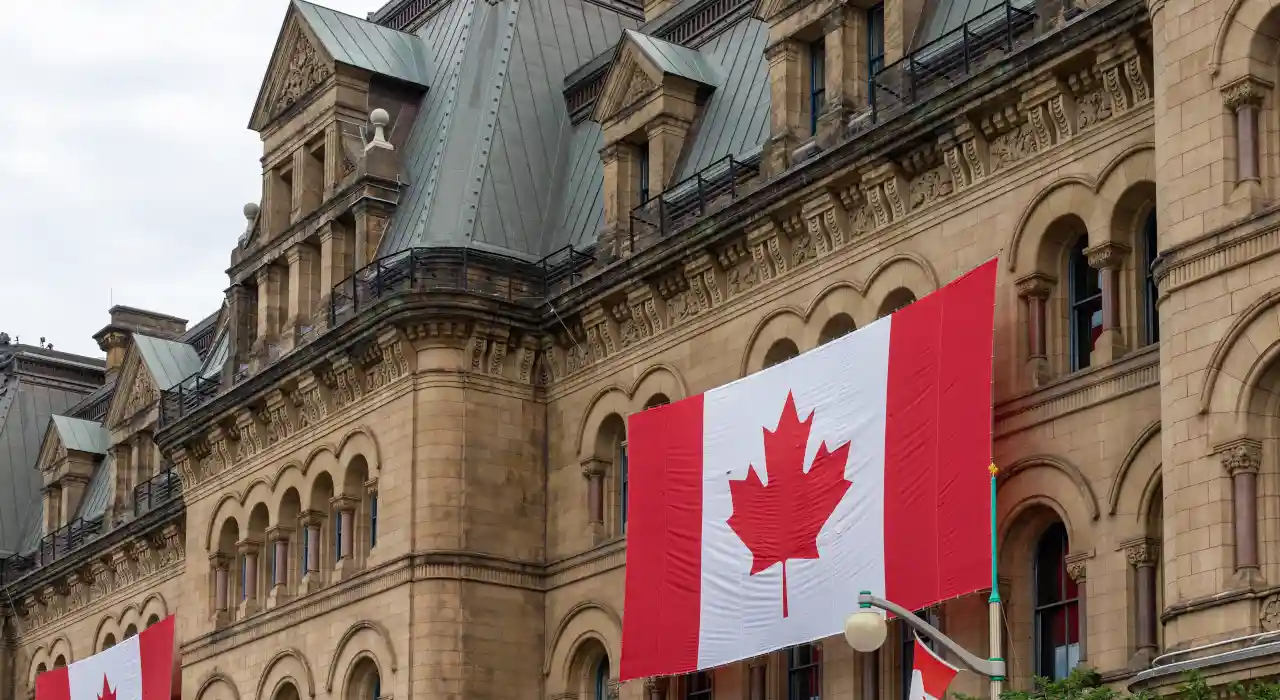When we go door-knocking during election campaigns, we don’t always find the person we’re looking for. People move, and voter lists aren’t always up to date. Sometimes, someone answers but says, “I’m not a Canadian citizen,” before closing the door. But does that really mean you can’t take part in federal politics or help shape change in Canada if you’re not a citizen? The simple answer: You can still do many things, and you should.
Even Without a Passport, Your Life Is Affected
Not having Canadian citizenship doesn’t mean federal politics don’t affect you. You may not have the right to vote, but you still live under the laws and policies created by Parliament. Decisions made in Ottawa shape your daily life, from public services to immigration rules. Citizenship isn’t the only way to participate. Ignoring politics doesn’t protect you from its consequences.
How Your Tax Money Gets Spent Is Decided in Politics
When you receive your T4 tax form, you see how much federal tax is taken from your income. That money doesn’t just disappear. It funds services, programs, and national priorities decided by Parliament. Getting involved in politics is about helping guide where that money goes and how it’s used, rather than just accepting whatever decisions are made for you.
The Canada Your Children Will Grow Up In Depends on Today’s Choices
If your children were born in Canada, they are Canadian citizens. However, they cannot vote until they turn 181. Eighteen years is a long time, enough for the country to change dramatically, for better or worse. Until your children can vote, it’s up to you to help keep this country on the right track. Even if you’re not yet a citizen yourself, you still have a role in shaping the country where your children will live as adults. By getting involved now, you help build a better future for them before they’re old enough to take part themselves.
Sidetrack
What is the Minimum Age for Volunteering?
There is no official minimum age to volunteer for door knocking. During campaigns, it’s common to see volunteers walking through neighbourhoods with their children, knocking on doors together.
Many well-known volunteers and even candidates began volunteering long before they were old enough to vote. Some learned door knocking from their parents, while others started as early as age 13 or 14.
Immigration Policy Directly Shapes Your Future
Non-citizens may have fewer political rights than citizens, but federal decisions can still have a major impact on their lives. For example, if you hold temporary status, federal policies influence your chances of becoming a permanent resident. If you’re applying for citizenship, those same policies shape how the process works. And even after you become a citizen, federal immigration rules continue to affect you, for instance, by determining whether you can sponsor your parents or grandparents to join you in Canada.
Immigration is a shared responsibility between the federal and provincial governments2, but the federal government holds greater authority. For non-citizens, immigration policy often matters even more than it does for citizens. That’s why staying informed and engaged is so important.
Key Takeaways from This Topic
Why should non-citizens care about Canadian politics?
Even without citizenship, you live under federal laws that affect daily life. Politics influences everything from immigration policies to public services.
Does politics affect how my tax money is used?
Yes. The federal government decides how your tax dollars are spent, on programs, services, and priorities. Being involved helps you influence those choices.
How can non-citizens shape Canada’s future for their children?
If your children are Canadian citizens but too young to vote, your involvement helps shape the country they’ll grow up in until they can vote themselves.
Can children volunteer in election campaigns?
Yes. There’s no official age limit. Many kids start volunteering with parents or on their own as early as 13 or 14, especially for door-knocking.
How does immigration policy impact non-citizens?
Federal immigration rules influence your chances of becoming a permanent resident or sponsoring family. That’s why politics has a direct impact on your future.
Who makes immigration policy in Canada?
Both federal and provincial governments share responsibility, but the federal government has the final say on key immigration rules and processes.
References
-
Voting in a Federal Election, Elections Canada ↩
-
Federal-Provincial/Territorial Agreements, Government of Canada ↩
